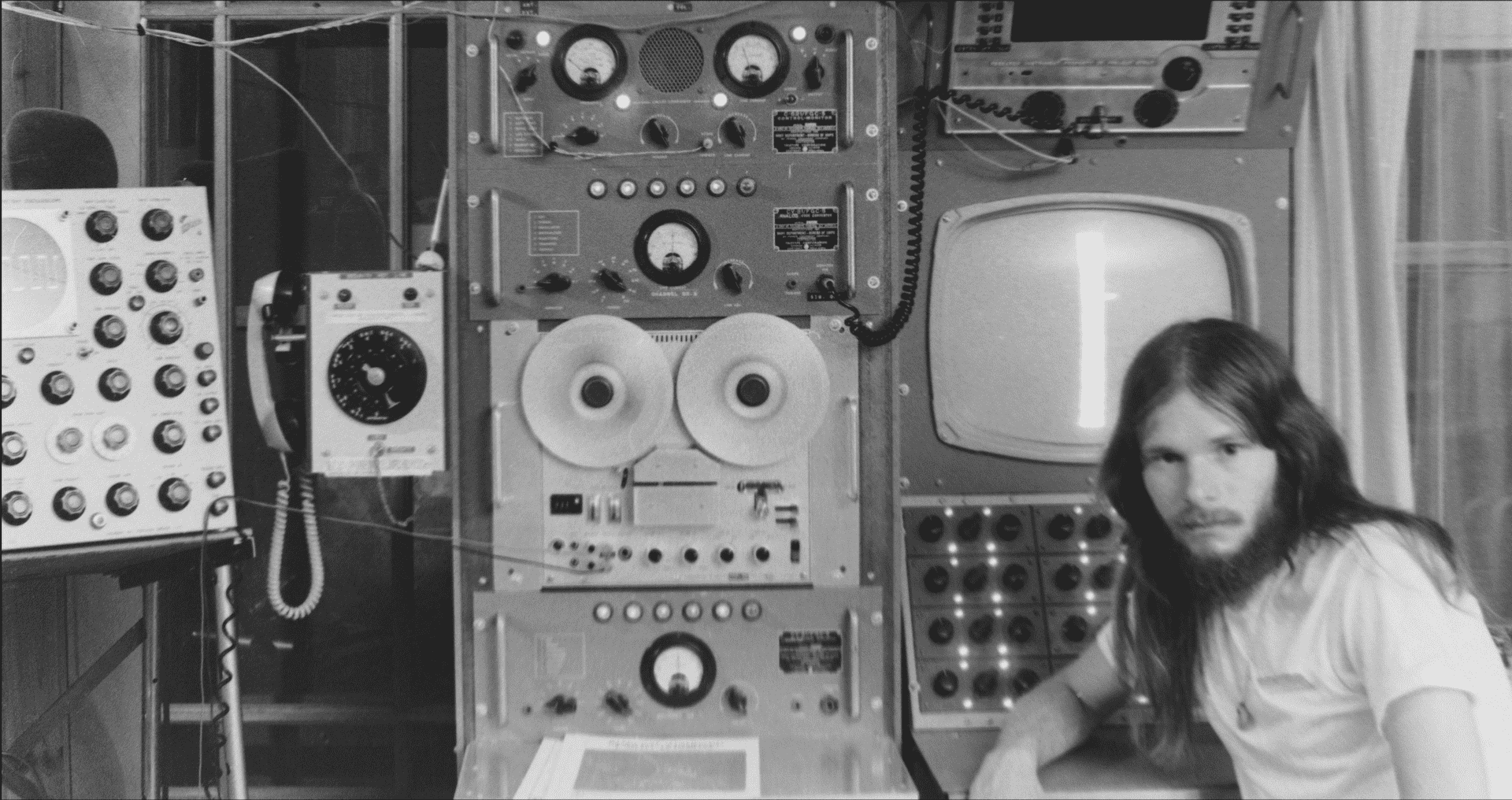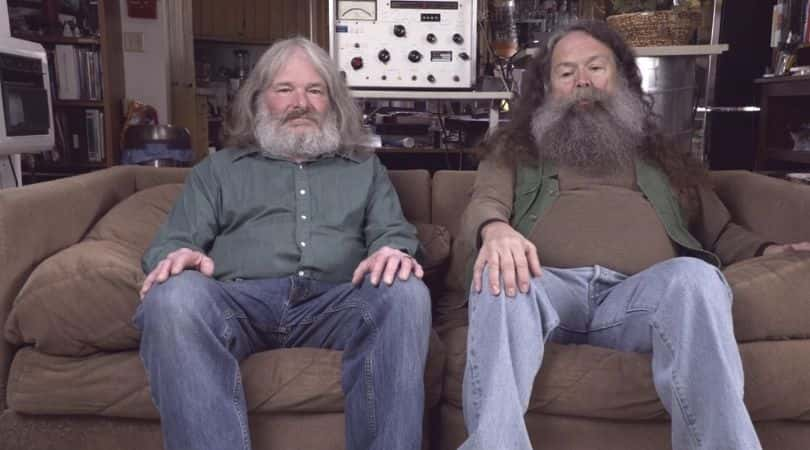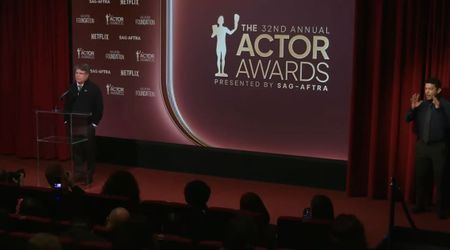'John Was Trying to Contact Aliens' Review: Moving tale of a man who spent 30 years searching for alien life

Netflix's latest short documentary is a curveball, but the best kind. 'John Was Trying to Contact Aliens' is just 16 minutes long but despite its short duration, it packs an emotional punch you will not be ready for, even after multiple viewings. Filmed, edited, and directed by British filmmaker Matthew Killip, 'John Was Trying to Contact Aliens' tells us about Michigan native, John Shepherd, who spent 30 years of his life trying to contact extraterrestrial species by broadcasting music -- which Shepherd believes is a "universal language" -- into space through homemade equipment.
Shepherd started his endeavor in 1972, with his grandparents -- who raised him and whom he lived with -- fully supporting him. As years went by, Shepherd kept adding more and more equipment, and at one point, even pooling in money with his grandmother to build an expansion for their home as the equipment began to overtake nearly every room of the house. Shepherd was forced to give up his search in 1998 due to a lack of funding for the project, which was called Project STRAT (Special Telemetry Research And Tracking).
When it comes to hearing about people like Shepherd, most of us wonder: why would he do it? Shepherd himself answers that question in archival footage, saying that he continues searching because of his desire to do so, because "you know there's something [out] there." Another question you might think of is, wouldn't this be lonely? Again, Shepherd does admit in the documentary that it is, comparing the course of his life to someone on a lonely mountain road, trying to get to a higher elevation and see what most people do not see.
One of the most remarkable aspects of 'John Was Trying to Contact Aliens' is that it constantly challenges your assumptions and perceptions. Each time you think you may have Shepherd figured out, you are proven wrong. Interspersed with synths, tones, and graphics that are reminiscent of science-fiction movies from the 1970s and 1980s, the documentary also features archival footage of a young John Shepherd, when he was still in the middle of his project. When present-day Shepherd speaks of his equipment growing, it almost feels as if he were talking of the equipment as if it were another living being.

Shepherd is also inspiring and despite tendencies of sympathy from the viewer, he constantly reminds us that he is, in fact, someone who does not need it. In one part, he says, "I envisioned an idea, and completed that vision, built it into a physical reality." Most of us can only dream of having that level of ambition and conviction in life.
Over the course of the documentary, we also learn about Shepherd's childhood -- how his father abandoned his family just as he was born, and how his grandmother took Shepherd with her because she felt sorry for him. He also remarks that he had very little contact with his mother, who he says was "always a little different than I was." Shepherd also says that his fondest memories were after his grandparents adopted him.
It is only halfway through the documentary that Shepherd begins to speak of realizing he was different when he was around 12 or 14 years old, revealing that he was gay. He goes on to say that growing up gay in Michigan was difficult as he admits, "[...] especially in a rural area, you don't get much understanding." We are then shown a clip of a young Shepherd speak about finding someone and that he believes there is someone for everyone. Though the viewer may get a little melancholic when Shepherd speaks of this, there is also joy in the way he remembers his endeavor and the excitement he always had for it. He says that though he did not get any hard scientific evidence to support the existence of extraterrestrials, he admits that the project filled his life and gave it meaning.

The documentary veers off a little before it can answer the viewer's question of whether Shepherd did find someone, and with less than four minutes left, we learn that Shepherd met fellow music enthusiast and life partner, John Litrenta in 1993. To hear Shepherd and Litrenta speak of each other and smile at each other fills the viewer with a warm feeling, almost as if you were drinking a cup of hot chocolate on a cold evening. Shepherd even quips on meeting Litrenta, "Contact has been made."
'John Was Trying to Contact Aliens' packs much more emotion into the 16 minutes it runs than most drama movies can in two hours. Often, we are prone to deride people because we do not understand their intentions and it is possible that John Shepherd was a target for such derision. But Killip's film brings to the forefront the human behind it, the man who refuses to fit in with stereotypes. If anything, 'John Was Trying to Contact Aliens' is a remarkable film that is a must-watch on any viewer's list -- especially for those of us who are yearning for a return to the old normal.
'John Was Trying to Contact Aliens' will be available to stream on Netflix on August 20 from 12 am PST.










